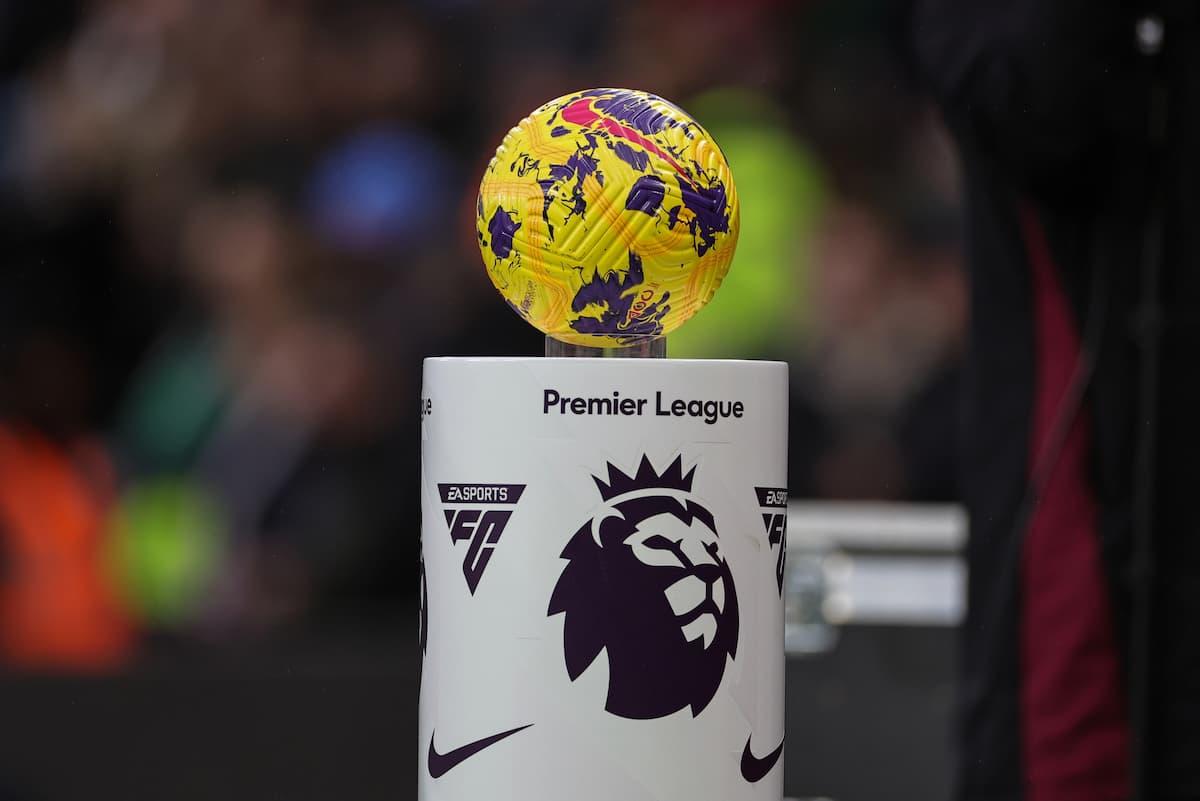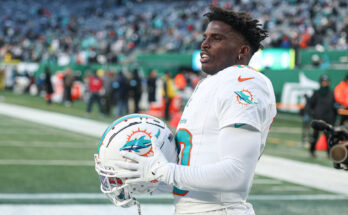The Premier League is at the top of club football and is constantly evolving. Driven by technology, fan behaviour and global trends, it shows no signs of slowing. Here, we look at 11 key trends shaping the Premier League and how they’ll impact it.
1. Fan Engagement
One of the biggest is fan engagement. Social media, fantasy football and interactive experiences through betting apps have made following the league more immersive than ever. Fans can now place live bets, interact with real-time data and get live match updates. This means clubs can connect with fans and monetise engagement.
2. Data
Premier League clubs use data to improve player performance, optimise training and develop game plans. From wearable tech to advanced performance metrics, teams use data to gain an edge. As data gets more advanced, we expect it to influence player recruitment and tactical decisions even more.
3. Globalisation
The Premier League is the most-watched football league in the world. Clubs like Manchester United, Liverpool and Manchester City have globalised their fan bases across Asia, Africa and the Americas. To cater to international fans, clubs provide multilingual content, pre-season tours and fan engagement events globally.
4. Sustainability
Environmental sustainability is a growing concern across all industries, sport included. The Premier League leads the way with eco-friendly stadiums, reducing carbon footprints and sustainable matchday operations. Tottenham Hotspur is their stadium’s benchmark for renewable energy and green technology.
5. Broadcasting
The broadcasting landscape is changing fast. Traditional TV packages are dying, and streaming is taking over. Amazon Prime and DAZN have secured Premier League broadcasting rights, offering fans on-demand and flexible viewing. Future deals will prioritise digital content delivery.
6. Matchday
Stadiums are no longer places to watch football – they’re entertainment hubs. From interactive fan zones to virtual reality experiences, clubs are reimagining Matchday to attract fans. Mobile ticketing, fast-track entry, and personalised services are just a few innovations that are improving the in-person experience.
7. Youth Development & Homegrown
TalentAcademies are crucial to a club’s long-term success, and Premier League teams are investing in homegrown talent. Investments in youth academies and scouting networks have paid off, with players like Bukayo Saka and Phil Foden becoming key assets. The Premier League will further develop its youth development strategy to stay competitive globally.
8. Mental Health & Player Welfare
With the pressures of professional football increasing, clubs have realised the importance of mental health support. Initiatives offering psychological counselling and mental resilience training are being added to player welfare programs. The Premier League Players’ Wellbeing Program exemplifies its commitment to protecting its players.
9. E-Sports
E-sports is merging with traditional football, with clubs like Manchester City and West Ham United establishing e-sports teams. Virtual competitions like ePremier League tournaments attract younger fans, bridging the gap between gaming and real-life football. The intersection of gaming and football could drive revenue growth and fan engagement.
10. Diversity, Inclusion & Social Responsibility
One of the most diverse leagues in the world, the Premier League has taken proactive steps to promote equality. Campaigns like “No Room for Racism” combat discrimination and ensure inclusivity. Clubs also work on community outreach programs to address local issues like poverty and education.
11. Betting
Betting is tied to Premier League clubs, contributing significantly to their revenue. Many teams partner with betting companies to offer integrated match experiences through betting apps, where fans can engage before, during and after games. As regulations evolve, the industry must balance financial interests with responsible gambling initiatives.
The future of the Premier League will need to adapt to these trends to stay on top. As technology and cultural change shape fan habits, clubs must innovate to stay ahead. With data, sustainability and digital at its core, the Premier League is ready for whatever the future brings.
Source link




